One of the greatest examples is BIOCEV, a world-renowned center, which is focused on the research of rare diseases. More than 20 patents have already been issued there.
BIOCEV (biological and biomedical center) located in Vestec, a village in central Bohemian region, close to Prague, is under the administration of Charles University and the Academy of Sciences of Czech Republic. Thanks to a substantial amount of money from the EU, it enables national and international scientists to pursue their research on new possible drugs and treatments against cancer, such as new treatments against cancer cells or methods of reduction of metastasis.
“BIOCEV represents a top-tier comprehensive platform for the development of modern biotechnologies and biomedicine on the national or even the European level. We succeeded in connecting traditional strong fields of biomedicine, such as virology, genetics or chemistry,” evaluated Petr Solil, a spokesperson of the center.
He added that despite all the problems associated with the implementation of large-scale projects – “from communication and administration to a construction” – this well-designed scientific model achieved the best score out of 5 submitted projects in the Operational Program Research and Development for Innovation (R&D). Center was eventually opened in 2016.
Worldwide center of science
Out of 2.3 billion crowns, 2 billion were covered by EU funds. The amount of money created 25 thousand m2 of laboratories where 600 scientists will have been working by 2020 in 56 research teams.
“More than 450 engineers and scientists currently work in the center. Almost a third of them comes from abroad. The BIOCEV research teams issued more than twenty patents and have published over 750 scientific papers, including articles in prestigious foreign journals (e.g. Cell, Molecular Cell, Nature Communication and Gastroenterology, and others),” Solil explained the center’s achievements.
Center holds also one of the largest and most modern infrastructures for phenogenomics in the world, specializing in the reproduction of genetically modified mouse models for the Czech and foreign scientific community. Most of the genes of mice are similar to human ones, which makes it possible to study human diseases and develop active substances against them.
“Other areas of research include cardiovascular diseases, metabolic and neurodegenerative diseases, and rare diseases, which are defined within Europe as life-threatening or severe chronic diseases associated with a significant increase in morbidity and mortality or considerably reducing the quality of life of the disabled,” Solil specified other areas of research at BIOCEV.
The center has also used funding from communitarian programme Horizon 2020 to strengthen the cooperation with foreign partners. It also draws finances from national resources.
Besides research, the center provides also practical training. “BIOCEV is a center of excellent research thanks to the top-class equipment, which is actively intertwined with teaching and education of graduate and postgraduate students and emphasizing collaboration with biotechnology companies through research contracts,” Solil said.






